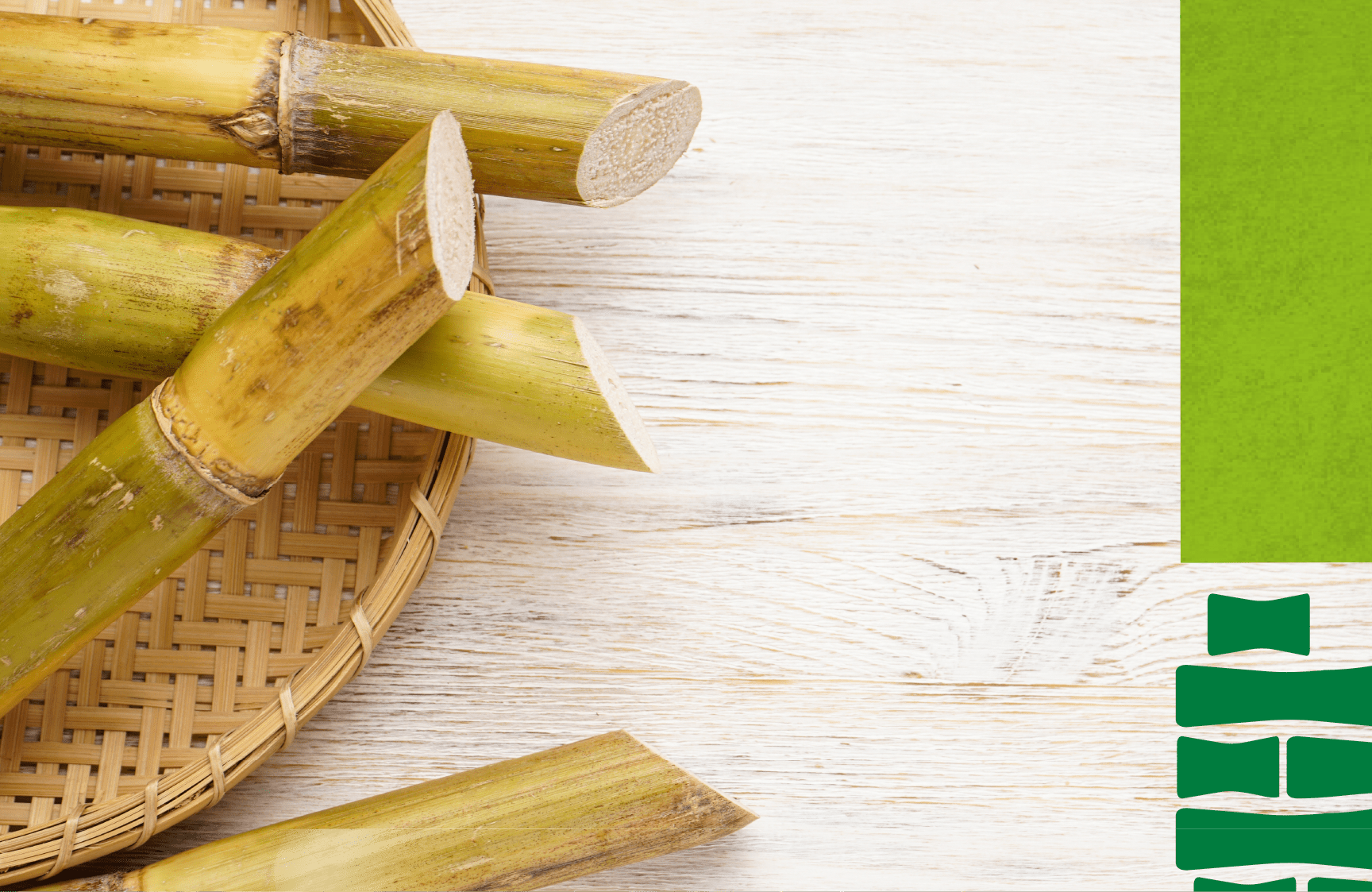
Cane sugar… what is it?
Cane sugar is a type of sugar extracted from the sugar cane plant (Saccharum officinarum), which is a tropical perennial plant cultivated in various regions of the world, especially in areas with warm and humid climates. This plant contains a high content of sucrose, making it an ideal raw material for sugar production.
Cane sugar stands out for its high quality and purity. Unlike other sugar options, such as high fructose corn syrup, cane sugar is directly obtained from the sugar cane plant without excessive chemical refining processes. This means it retains more nutrients and beneficial natural compounds, such as minerals and antioxidants, which can contribute to a richer and healthier sensory experience for the end consumer.
The organic production of sugarcane
In recent decades, there has been a significant increase in the demand for organic products, and organic cane sugar has gained popularity in the food industry. Organic sugar cane cultivation involves the use of sustainable and environmentally friendly agricultural methods, avoiding the use of synthetic pesticides and fertilizers. Organic farmers focus on sustainable farming practices that protect biodiversity and preserve soil quality, resulting in purer and more natural cane sugar. Furthermore, organic cane sugar production contributes to the conservation of surrounding ecosystems and the communities that depend on them.


Cane sugar on an industrial scale
This sugar is widely used in the food industry to sweeten a variety of products. Its distinctive flavour and ability to enhance natural Flavors make it a popular choice among manufacturers. It is used in the production of beverages, processed foods, baked goods, confectionery, and many other products. In addition to its role as a sweetener, cane sugar can also act as a preservative and provide texture and colour to the final products.
Benefits
Cane sugar offers a range of benefits that make it attractive to the food industry. Firstly, its natural origin and minimal production process make it a healthier choice compared to other artificial alternatives. Additionally, cane sugar has a more complex and authentic flavour profile, allowing manufacturers to create products with richer and more balanced Flavors. Cane sugar has also been shown to improve moisture retention in food, contributing to increased freshness and product shelf life.


Why do industries choose this sugar?
Another key aspect that has led more food industries to choose cane sugar is its sustainable profile and lower environmental impact compared to other alternatives. The production of organic cane sugar in Providencia is based on renewable crops and production processes that are more environmentally friendly and community conscious. Additionally, sugar cane farmers often employ sustainable agricultural practices such as soil conservation and reduced chemical usage, contributing to the preservation of natural resources, biodiversity, and the culture of these communities.

Conclusion
In a world where consumers are increasingly interested in knowing what their food contains and how it is produced, cane sugar offers a clean and transparent alternative. Consumers are drawn to products that use natural and recognizable ingredients, and cane sugar meets these criteria. By opting for cane sugar, food industries can meet the demand of conscious consumers and provide products that align with their preferences and lifestyle choices.
By choosing organically produced cane sugar, such as Providencia sugar, companies not only improve the quality and flavour of their products but also respond to market demands and contribute to a more sustainable future in the food industry.

